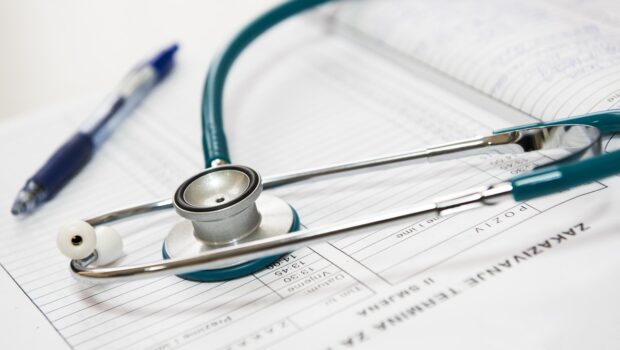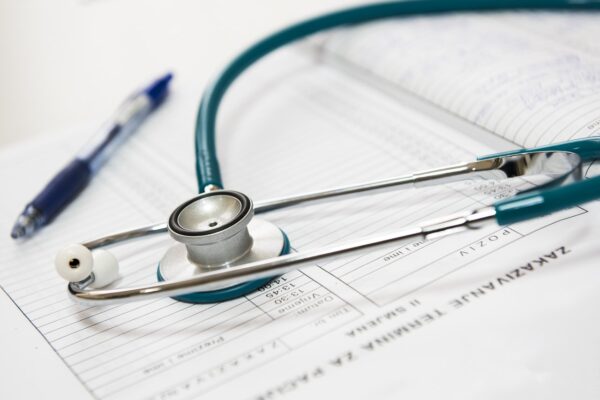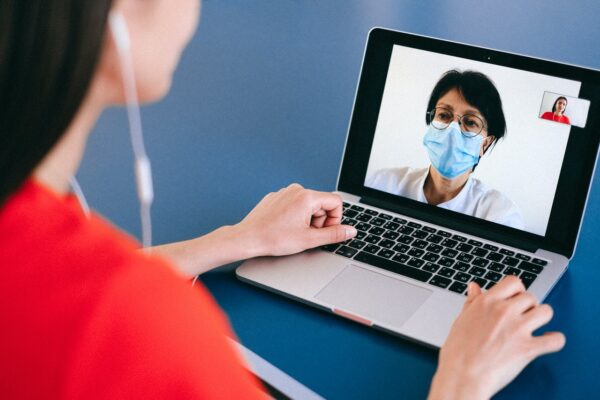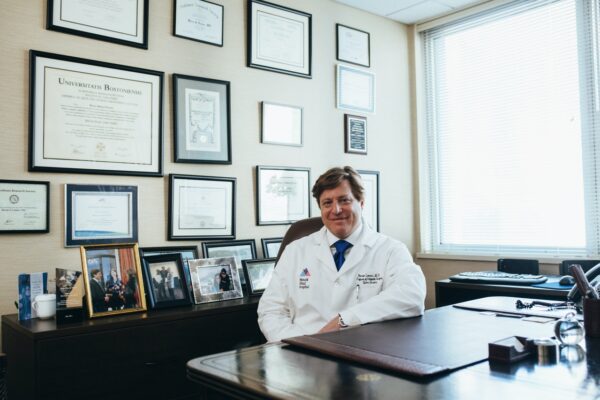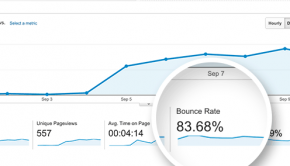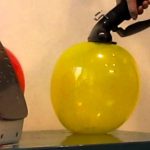6 Technologies That Are Reducing GP Negligence
In this article, we discuss the topic of GP negligence and take a look at the technologies which are reducing medical negligence cases in the UK.
Patients who’ve suffered a loss as a result of their GP’s failings may be able to pursue a GP negligence claim. Though medical negligence cases are prevalent, there are several different types of technologies, that are helping to reduce the number of GP negligence cases.
What is GP Negligence?
General practitioners owe a duty of care to their patients, meaning that they must provide the patients with a proficient standard of healthcare treatment. If the level of care is not up to standard, and the patient experiences a loss or injury, the patient has the right to pursue a GP negligence claim.
A patient might seek a medical negligence claim in many different circumstances, for example:
- Receiving wrong prescriptions or treatments.
- The GP fails to refer the patient for specialist healthcare or tests that would have benefited them.
- The GP fails to diagnose the patient’s health condition.
- A medial accident takes place that physically harms the patient.
Fortunately, there plenty of different types of technology that are helping to reduce the number of GP and medical negligence cases in the UK.
6 Technologies That Are Reducing GP Negligence
Artificial intelligence
Artificial intelligence technology is improving the efficiency of healthcare; AI tech is used to support healthcare systems, assisting GPs to offer improved care. AI systems can enhance the experience of health care providers, allowing GPs to increase the time they spend on direct patient care, and prevent burnout. Artificial intelligence can also be utilised to streamline the process of getting life-saving health care treatments on the market.
One of the key examples of artificial intelligence in healthcare are AI-based diagnostic technologies. These technologies can reduce the likelihood of GP negligence cases by preventing failure of diagnosis. AI can organise a data on a mass-scale, producing results and conclusions quicker, and potentially more efficiently, than a doctor can.
Artificially intelligent systems are helpful to remove speciality bias. This means that different types of doctors may be biased in their diagnosis, depending on their specialism. Data shows that if there is extensive collaboration between different specialist doctors, often the patient’s condition gradually gets worse. With the help of AI technology, these computer systems can swiftly process given info, and offer diagnoses with improved accuracy.
Block chain apps
Another technology that can be used to reduce GP negligence is block-chain enabled apps. These apps are used to store patient’s healthcare records, offering a shared system where patients can view any developments. Such systems offer both ownership and transparency; patients can access all their medical info, with no need to chase up their GP to gain the data they need.
These apps work using a blockchain ledger which chronologically stores the data. If a patient would like a second opinion on their medical condition, they can easily access their medical history, and provide it to a new healthcare practitioner.
With the help of block-chain enabled health care apps, it’s easy to transfer relevant data from one medical professional to the next. When all relevant healthcare data is visible and accessible, this can potentially reduce errors and medical negligence.
Computerised physician order
Computerised physician order systems are used to enter doctor’s orders, including medication orders. Using these order systems, doctors can also order consultations, procedures and tests.
Computerised physician order systems increase the safety of medicine orders. These systems are often used as part of a clinical decision support system; both systems combined are used to prevent errors, ensuring that the correct information is used for medication doses. Computerised physician order systems can help doctors to consider important things such as patient allergies, or drug interactions.
Smart pumps
Smart pumps refer to a type of intravenous pump, fitted with software to prevent medication errors. For example, the software notifies the medical professional if the settings do not match the appropriate safety limits.
When clinical negligence occurs, these mistakes can have a drastic effect on a patient’s safety. Software that reduces the risk of error can support medical professionals to limit mistakes and improve the safety of their patients. While GPs are not traditionally involved in the administration of smart pumps, these devices are useful to reduce medical negligence in the healthcare industry as a whole.
Remote patient monitoring
When you strive to improve the quality of care, there is less chance of clinical negligence and mistakes. Remote patient monitoring systems can be used to improve the quality of care that patients receive. Also referred to as telemonitoring, RPM systems are helpful to improve the outcomes of conditions such as hypertension, asthma, stroke, and heart failure.
Electronic incident reporting
Electronic incident reporting is a type of internet-based system which supports healthcare professionals to report safety related incidents. These systems are used along with electronic health records to automatically detect negative events, with the help of trigger tools. Using incident related data, health professionals can improve their current practices and systems, and reduce the chance of medical errors in the future.
Reducing GP Negligence Through Technology
As you can see, there are plenty of different technologies that can be used to reduce cases of GP negligence. From artificial intelligence systems to computerised order systems and electronic incident reporting, there’s plenty out there.
Patients who are unfortunate enough to have experienced GP negligence are best advised to get in touch with a medical negligence solicitor. With the help of solicitor, you may be able to claim compensation for any losses experienced.
As technology advances, we hope to see the development of new health technologies, which further contribute to reducing medical negligence cases.

